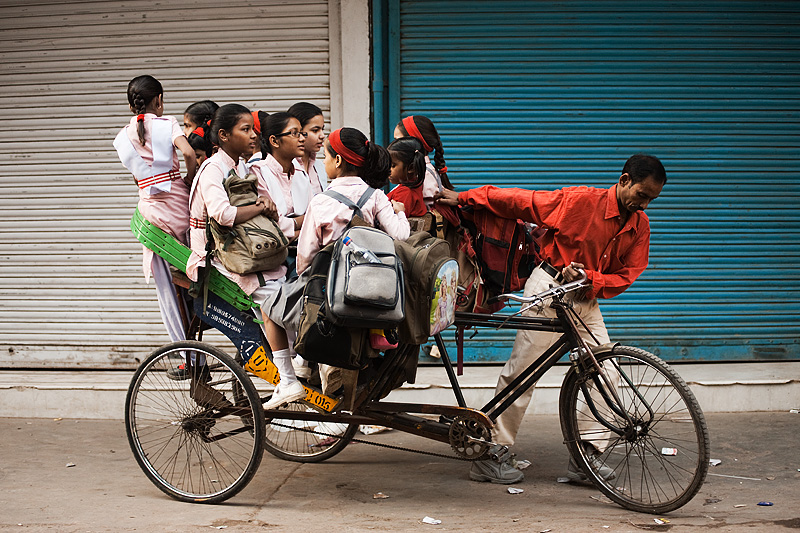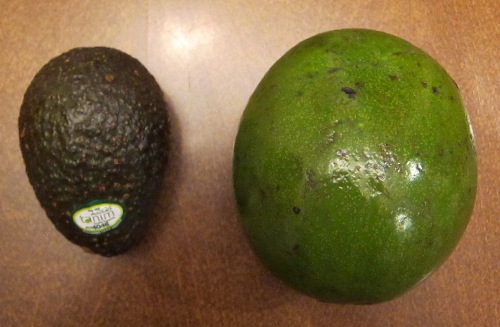“The true artist
will use her creativity to find a way, to carve the time, to claim the kitchen
table, a library carrel, if a room of her own is not possible. She will use
subterfuge if necessary, write poems in her recipe book, give up sleeping time
or social time, and write.” –Judith Ortiz Cofer
Feminist scholars consistently discuss the politics
of location. From Woolf’s observations on financial freedom (with the end goal
being writing location), to Adrianne Rich’s musings on the construction of the
body as location, to Cofer’s insistence that women create their own writing
space—well more like demand it. It’s not that strange then to see
connections between travel writing and feminism. I wonder how Virginia Woolf
would have felt about women and travel writing? The women who tell these
stories don’t exactly always have a room of their own—although they generally
have a financial freedom that allows them to travel. But what does it mean for these women writers that travel is marked with constant disorientation, mishaps,
and general instability? Can you still create excellent work under these
circumstances?
Interesting enough several of the stories in the collection Expat:
Women’s True Tales of Life Abroad focus on
the lack of a familiarity and how to create a “room of one’s own” or “home”
abroad in order to adapt and flourish. These stories discuss the
quest for stability (or search for familiar location). The writing comes from that
place of discomfort and not in the achievement of location stability.
Some of the most interesting stories to this effect
are ones about the desire for everyday comforts. Kate Baldus’s story “First,
the Blanket” explains her first week living in Bangladesh and her inability to
navigate the city to buy a blanket so she could sleep through the unexpected 50
degree nights: “The stress of a new job, a new home, and life in a new country
made me forget all my reasons for coming to Bangladesh in the first place. For
a moment I wanted to run back to California, but I convinced myself that I
would be okay if only I could get a blanket” (186). A co-worker finally takes
her into the city to find a blanket to Baldus’s simultaneous joy and dismay.
Stricken with fear at the unfamiliar rickshaw bicycles and assaulted by
unfamiliar smells—Baldus remains tense the entire first ride, but always
maintaining her focus on the blanket. In this case, it is seemingly her singular
focus on this one element (the need of a blanket) that enables her to continue
challenging herself to engage in situation that makes her uncomfortable—more
importantly though it is her discomfort that inspires her to write.
In some instances the desire for comfort relates directly to
a feeling of Americaness. In Adrienne Rich’s “Notes toward a Politics of
Location” Rich discusses how her travels have forced an awareness of her
American values and identity: “It was in reading poems by contemporary Cuban
women that I began to experience the meaning of North America as a location…I
traveled then to Nicaragua…under the hills of the Nicaragua-Honduras border, I
could physically feel the weight of the United States of North America…” (233).
While Rich is referring to the global politics of being American, the
realization is similar to Emily Wise Miller’s desire for American popular
culture in her story “Jean-Claude Van Damn That was a Good Movie.” Miller
describes how in the US she was very picky about the films she watched,
sometimes going “months without seeing anything” instead of dealing with
“sugaric” films (81). However, when she moves to Italy she finds that the
isolation of living in another country produces what she terms the “SLOB: a
Sucka Living O’Broad” phenomenon (82). While her story if definitely humorous,
it also touches on a need for familiar spaces in order to have the comfort
needed for daily functions, such as writing. The travel also forces her to come
to terms with her Americaness—a sense of longing that enables her to reexamine
her identity and self-awareness: “Maybe it’s my instinct for survival, an
innate willingness to adapt to new situations (I can dry my laundry on the line
and dodge speeding scooters when I cross the street); for the time I live
abroad, I am just happy to put my critical faculties on occasional pause for a
dose of home on the big screen” (88).
Maybe the real challenge for authors is being forced into
situations of discomfort that act as catalysts for self-reflection. That
profound writing comes from an amalgamation of rest and unrest. While I agree
with Woolf that too many barriers stifle creative spirit, too few barriers
prevent necessary moments of self-reflection that make possible the moments of
“subterfuge” Cofer advocates.
This conflict of experiences reminds me a bit of my move from
Florida to DC. When I traveled outside the US it made sense to me that I would
feel like an outsider looking in, but the transient status of tourist meant
that my “foreigner” standing failed to bother me. I did confront my
Americaness, and while useful for my own self-reflection, it didn’t surprise
me. What surprised me more was how much I felt like an outsider when moving to
DC. I knew I would miss my loved ones and that I’d have difficulty adapting
(I’ve never excelled at dealing with extreme change), but I was surprised at
how “different” I suddenly felt. The differences between Florida and DC culture
are both extreme and subtle. I felt the outsider status, but in my own
country—who knew!
As much as I’m learning to enjoy parts of DC more and more,
it has been difficult adjusting the change. While some fantastic new friends
have made it easier, it is still odd to imagine that I am part of a Florida
culture. Instead of coming face-to-face with my Americaness—I have had to
negotiate my Floridianess. Everyday here I meet people who don’t know how to
swim, who have never heard of Jimmy Buffet, who have never had to worry about
water restrictions, who have never had a colada or tasted guava, who have never
been to Disney World, who think it is inappropriate for women to wear shorts
above knee length (COME ON PEOPLE! It is freaking hot outside!), who are not
familiar with the delicate nature of Caribbean politics, who think that my
wearing cowboy boots with my summer dress is “odd” spring behavior, and who have
never eaten a fantastic Florida avocado instead of those ikkky small ones at
the supermarket.
On the other end, everyday here leads me to new discoveries
and experiences. From how to eat Maryland crabs (very VERY different from
eating snow crabs considering it has parts that if you eat it could kill you)
to how to drive a 15 passenger van on snowy streets in a city full of narrow
streets and one way alley ways (identifying one way streets still seem to be a
challenge for me). I may not be an expat in the traditional sense, but I do
feel the disorientation of a complete shift in lifestyle—and I have the
privileges of knowing the language and laws (which often the expats in these
stories do not)! I can’t even imagine how these feeling of isolation are amplified
by more extreme factors. All in all, I do experience the discomforts and
newness that enable my continual self-reflection and push me into a novel
understanding of where I am in this world. Maybe this is why travel narratives
have been so perfect for me as of late. I don’t know what this means for my
writing yet, but for now this is the kitchen table I’ve claimed to explore the
possibilities.
Texts Used for this Post:
Texts Used for this Post:
De, Tessan Christina Henry. Expat: Women's True Tales of Life Abroad. New York, NY: Seal, 2002. Print.
Gilbert, Sandra M., and Susan Gubar. Feminist Literary Theory and Criticism: A Norton Reader. New York: W.W. Norton, 2007. Print.
Kallet, Marilyn, and Judith Ortiz Cofer. Sleeping with One Eye Open: Women Writers and the Art of Survival. Athens: University of Georgia, 1999. Print.


No comments:
Post a Comment